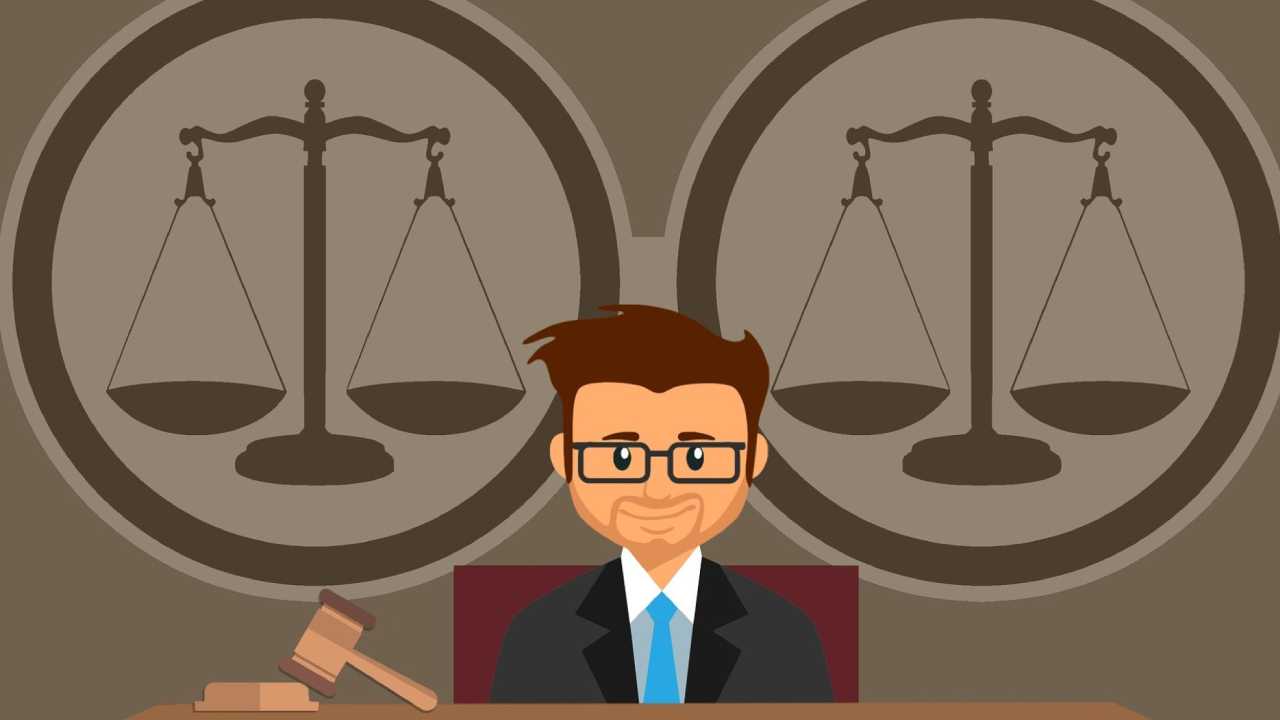

Sponsored Ads

Sponsored Ads

St. Louis is a beautiful city in Missouri, United States. Accidents, including vehicle accidents, slip and fall injuries, or medical malpractice, are common here. After an accident in St. Louis, filing a claim for personal injury is usually the first step to receiving compensation for medical bills, lost income, and pain and suffering.
The majority of these cases are settled out of court, with insurance companies and attorneys negotiating fair settlements. But if the offer of settlement is unfair or inadequate, or if the insurer unreasonably delays or denies the claim, it is time to go to court.
Litigation would ensure public accountability and possibly greater compensation, especially if time is of the essence since the statute of limitations is expiring. If you are unsure whether to settle or go for a trial, contact Miller & Hine, a St. Louis personal injury firm, for legal advice and representation.
When You Should Take Your Personal Injury Claim to Court
Let's discuss some of the reasons you should take your personal injury claim to court:
When Settlement Offers Are Too Low
Insurance firms are businesses, and they would prefer to pay out as little as possible. If the amount offered in a settlement cannot cover your medical care, future care, or lost wages, it is best to file a lawsuit. A judge or jury might order a more reasonable amount based on the facts.
Taking the matter to court shows you're committed to obtaining fair compensation, bringing about a more reasonable offer as well.
When Liability Is Disputed
If the defendant or their insurance representative does not take responsibility, an equitable settlement cannot be negotiated. Trial allows more scrutiny of evidence, including witness testimony, expert opinion, and governmental documents. It is especially helpful with complex cases, such as chain-reaction car crashes or commercial property slip-and-falls.
Litigation provides a methodical forum to determine all facts succinctly and hold the responsible party accountable.
When the Other Side Delays or Acts in Bad Faith
Sometimes, insurers drag their feet, deny claims without proper investigation, or engage in other bad-faith tactics. If your case is being delayed or handled unfairly, suing may prompt the insurance company to act in good faith or allow a judge to intervene. Thwarting such behavior is supporting evidence for your case and may lead to additional damages for bad faith.
When You Are Running Out of Time
Personal injury claims are subject to a statute of limitations. If the deadline to file a lawsuit is approaching and negotiations have not progressed, going to court may be your only chance to preserve your right to compensation. Missing the legal deadline may waive your right to recover any damages, regardless of how good your case is.
Following your personal injury case to court is a drastic measure that must be driven by how strong your case is and the willingness of the other party to reach a just settlement. While the majority of cases are resolved out of court, going to court may be necessary to obtain justice and full compensation.
If you are involved in a personal injury claim and get confused about whether to settle or go to court, contact a personal injury lawyer.
Sponsored Ads

Sponsored Ads

